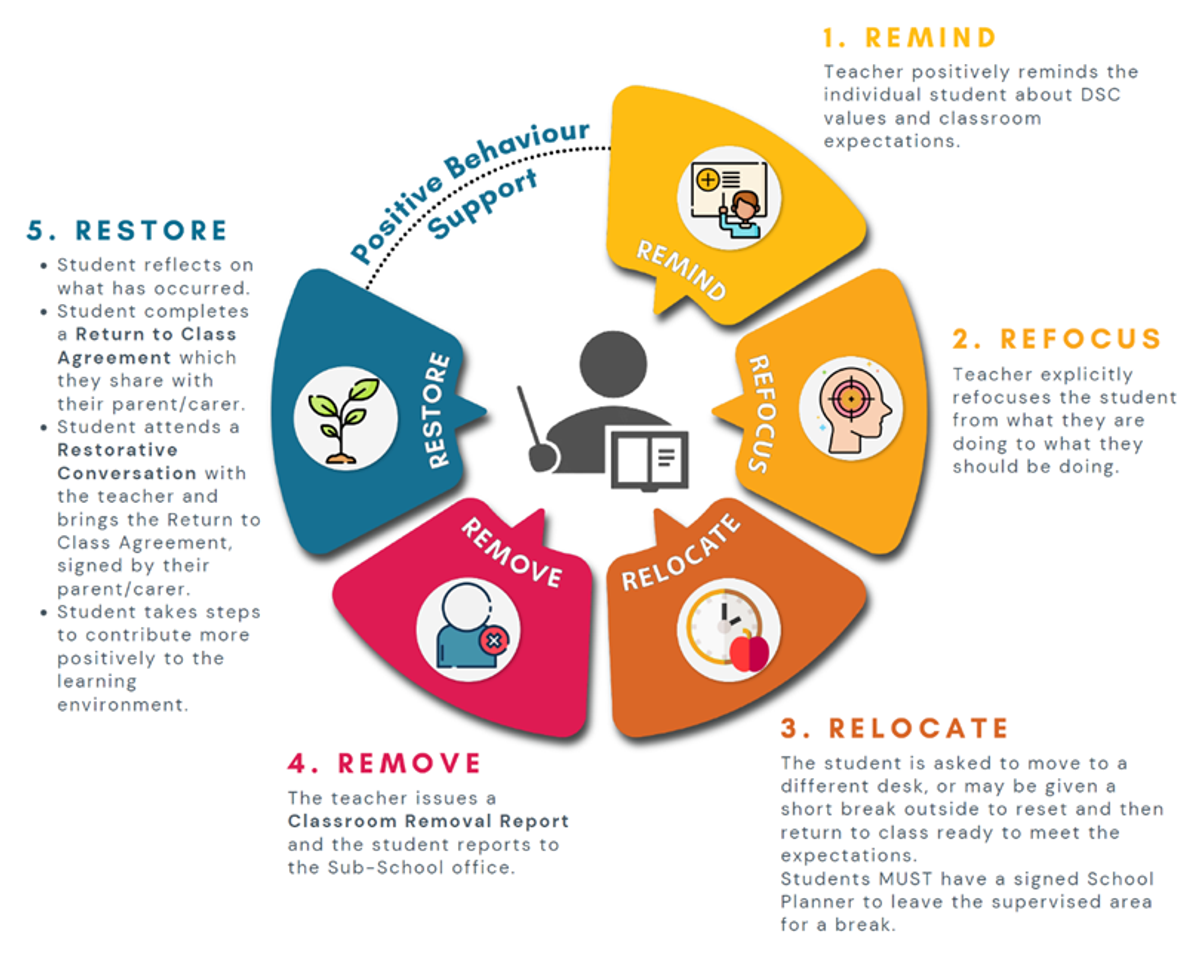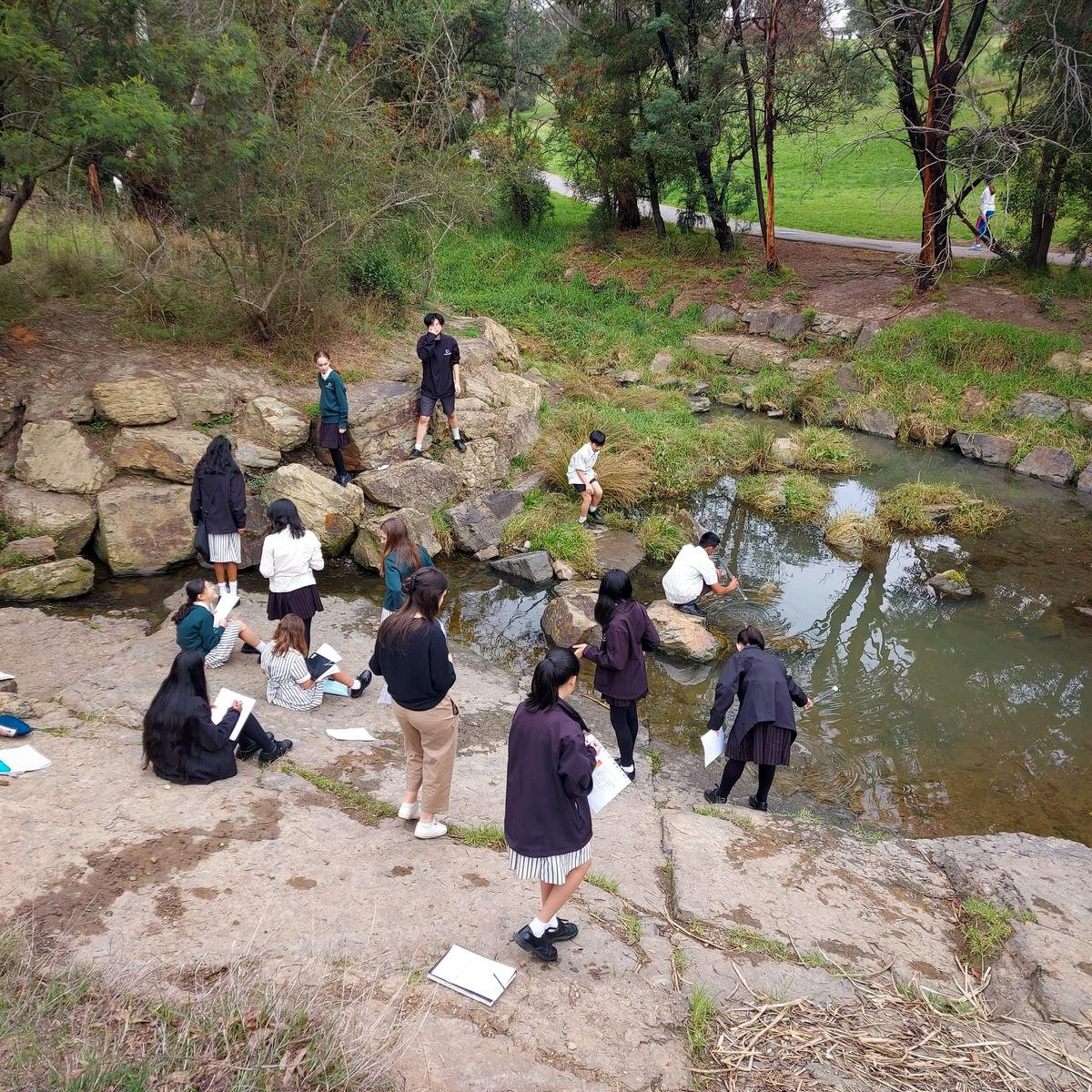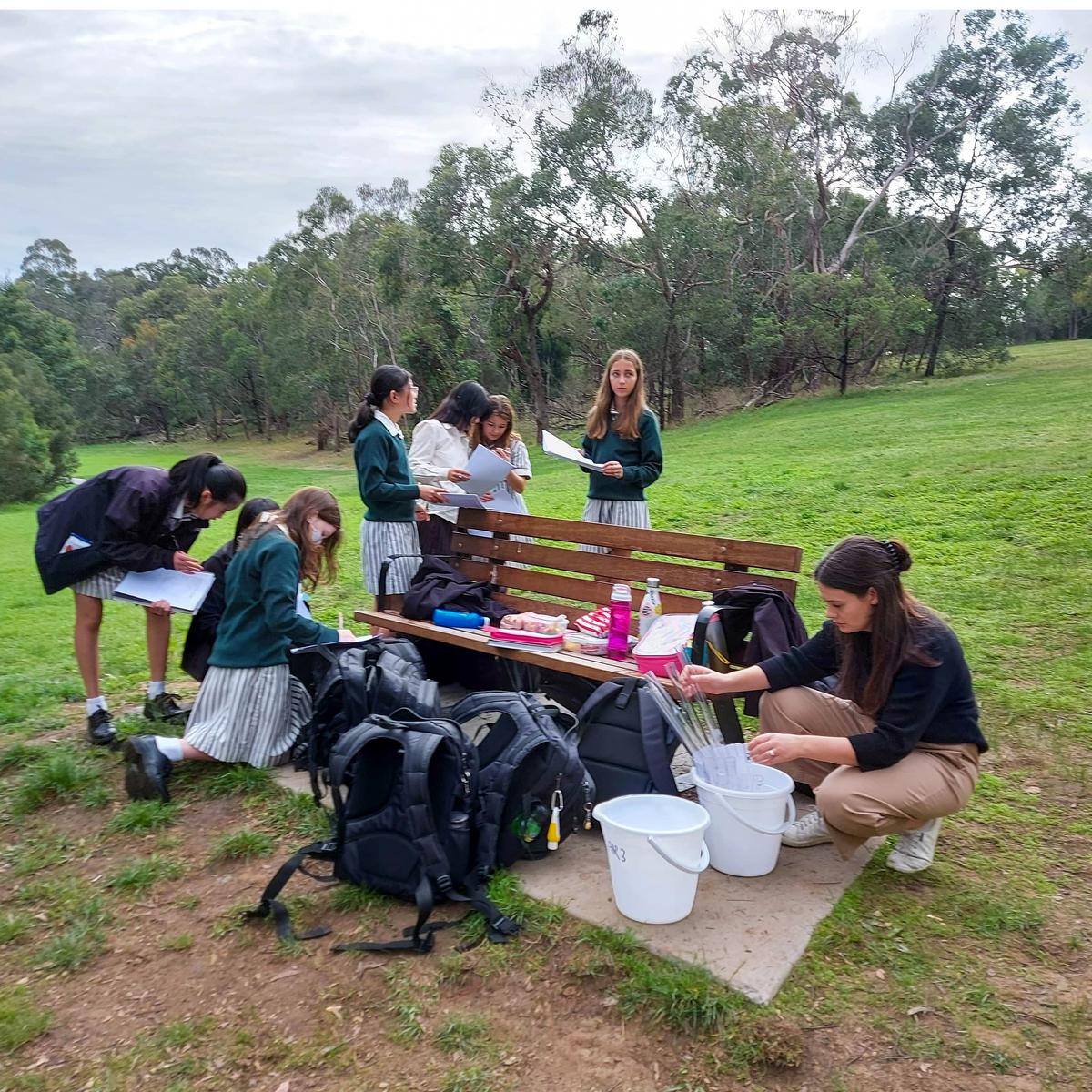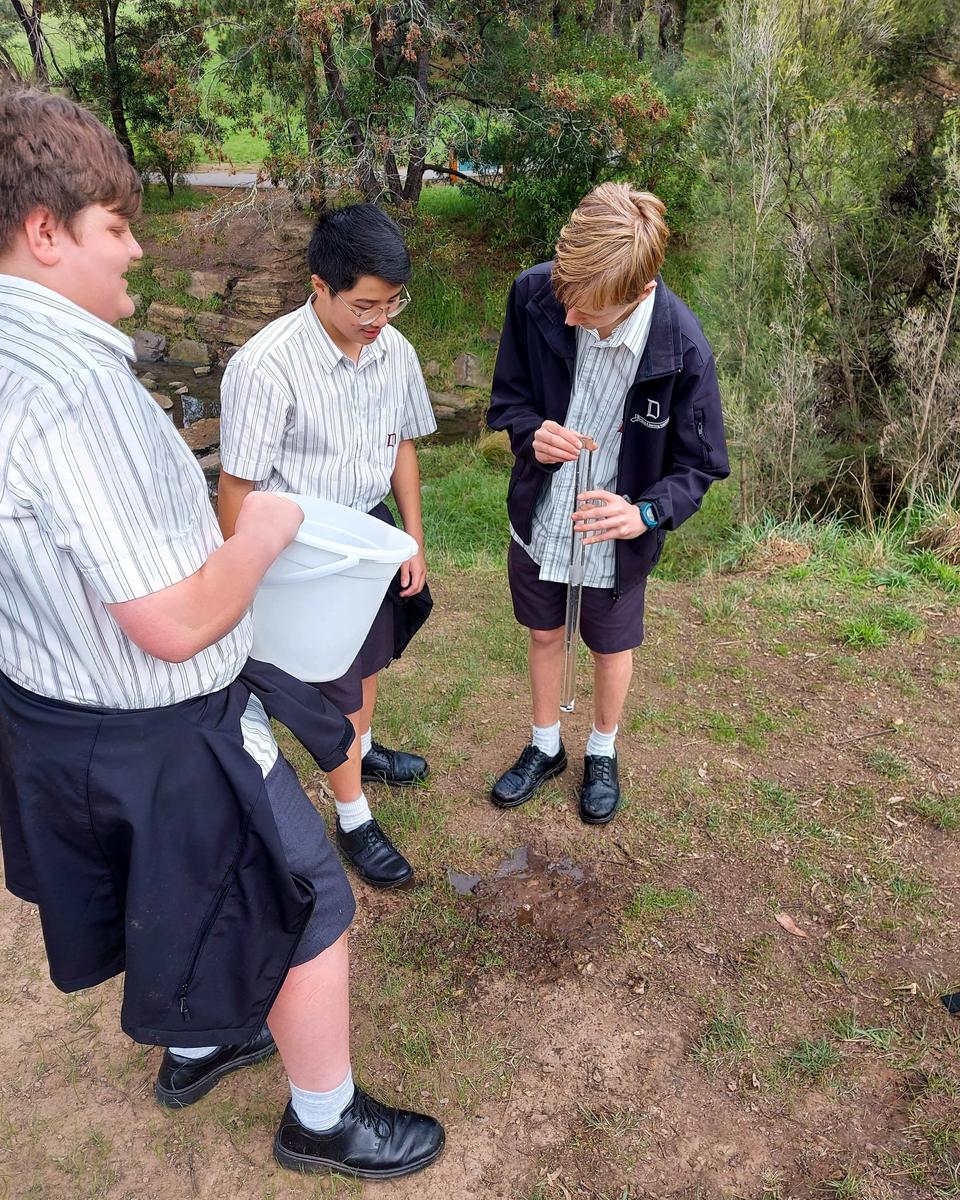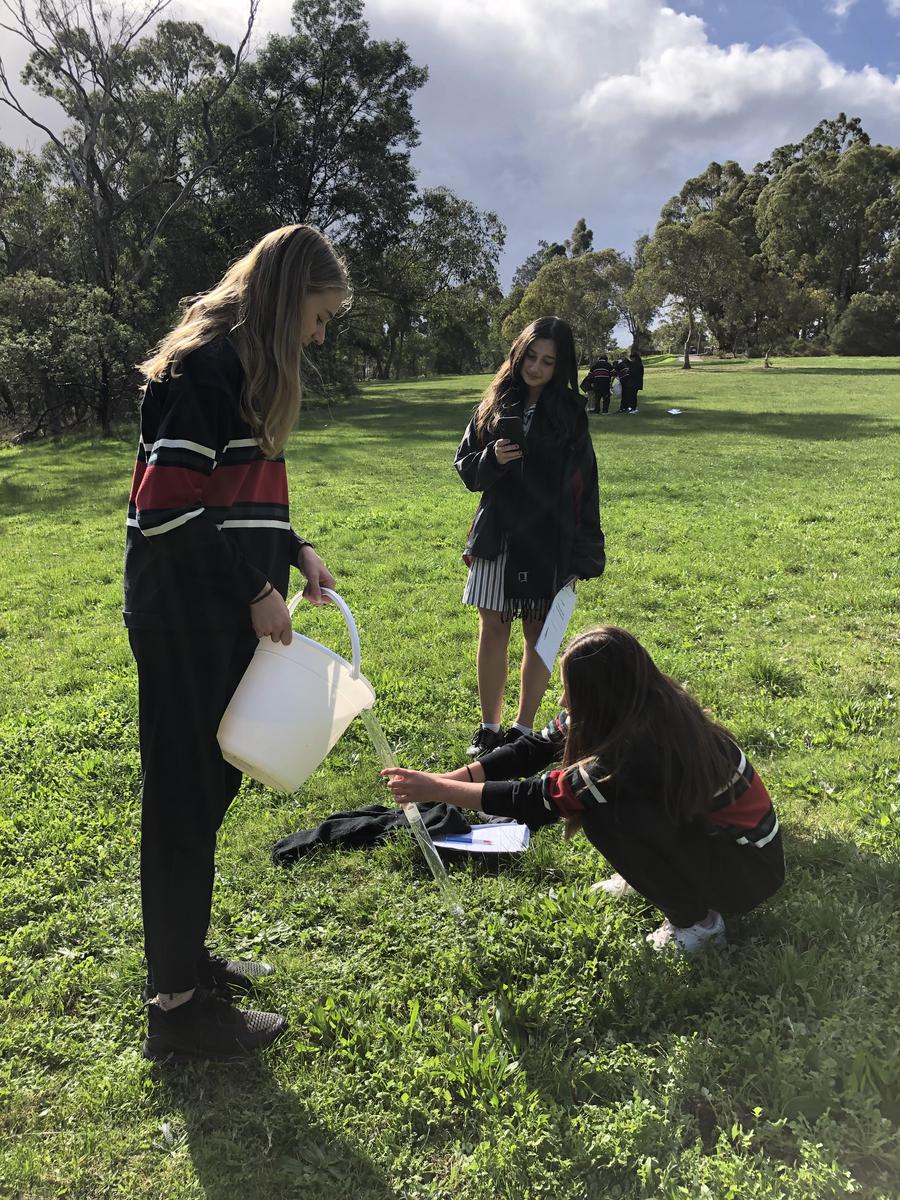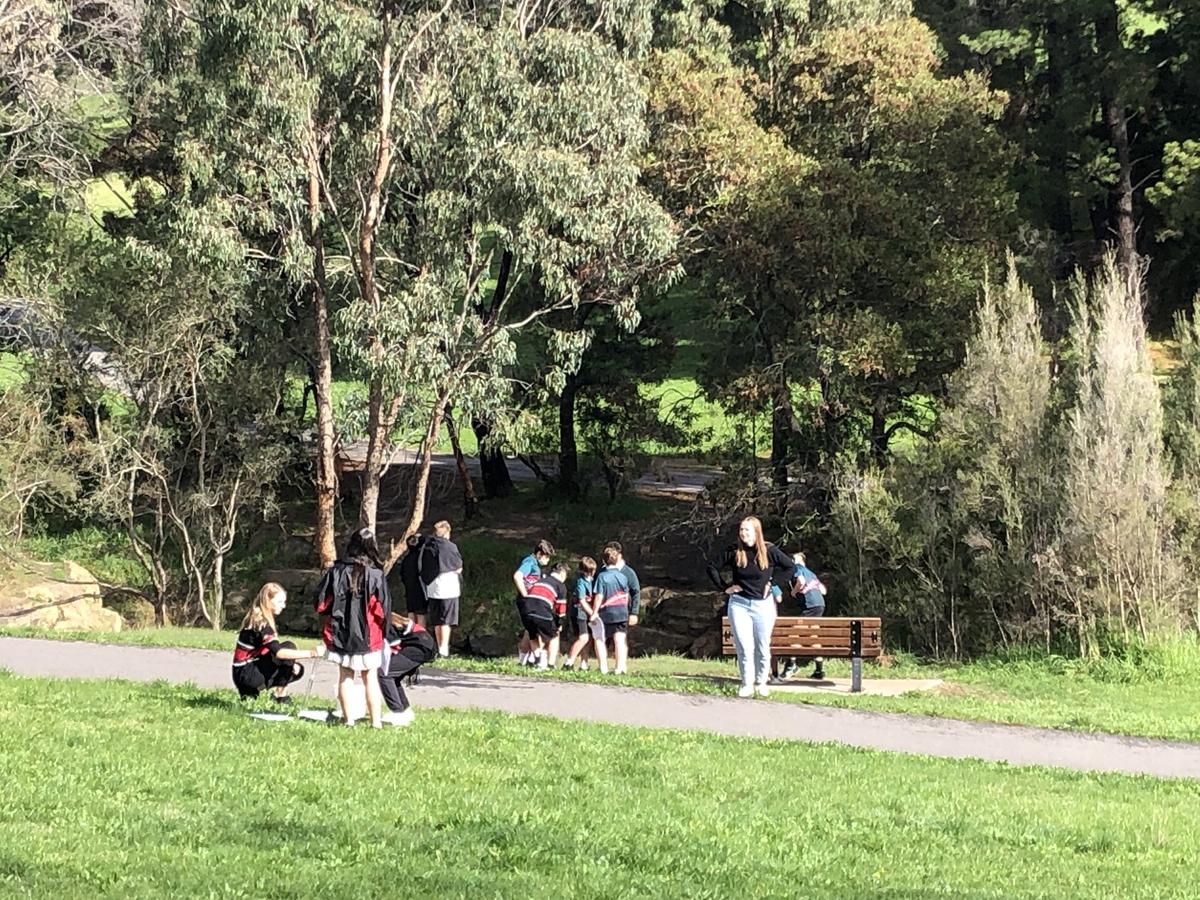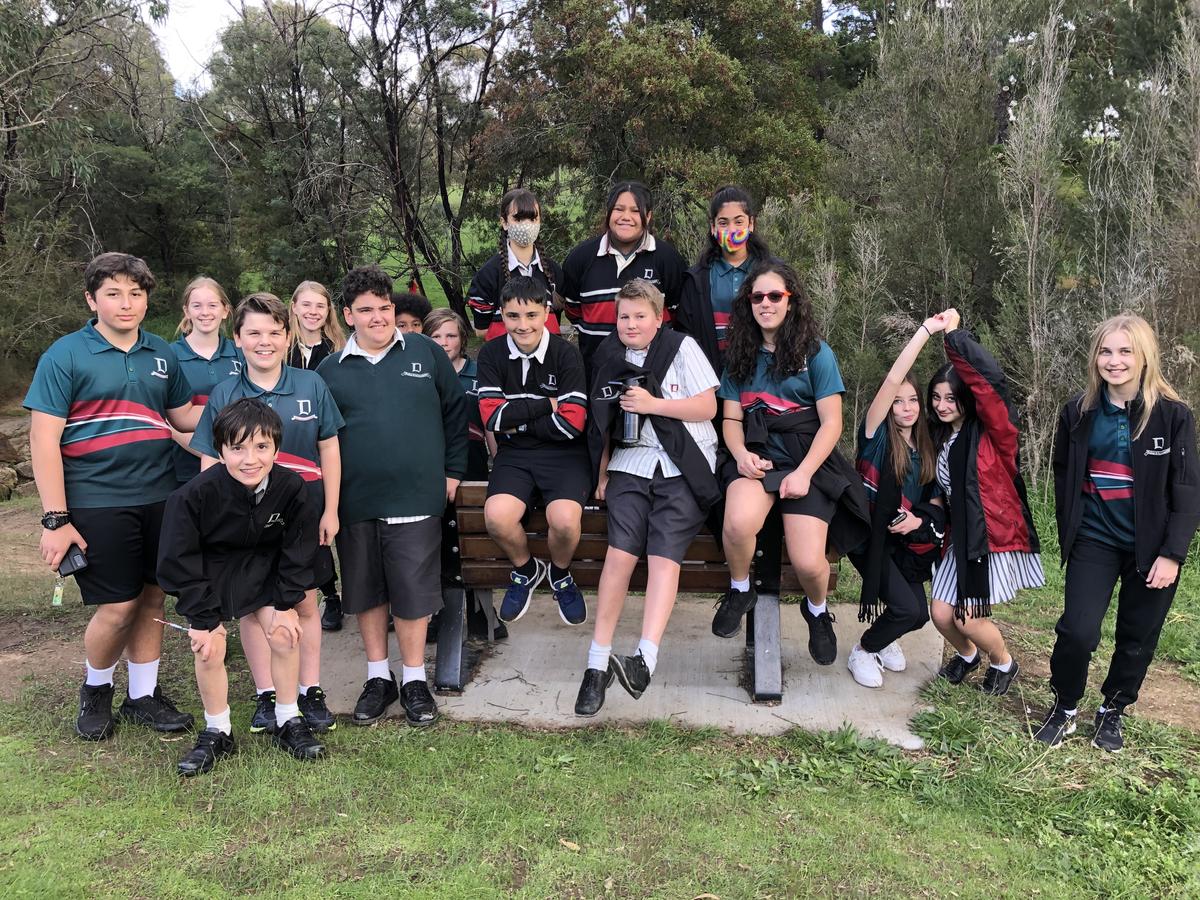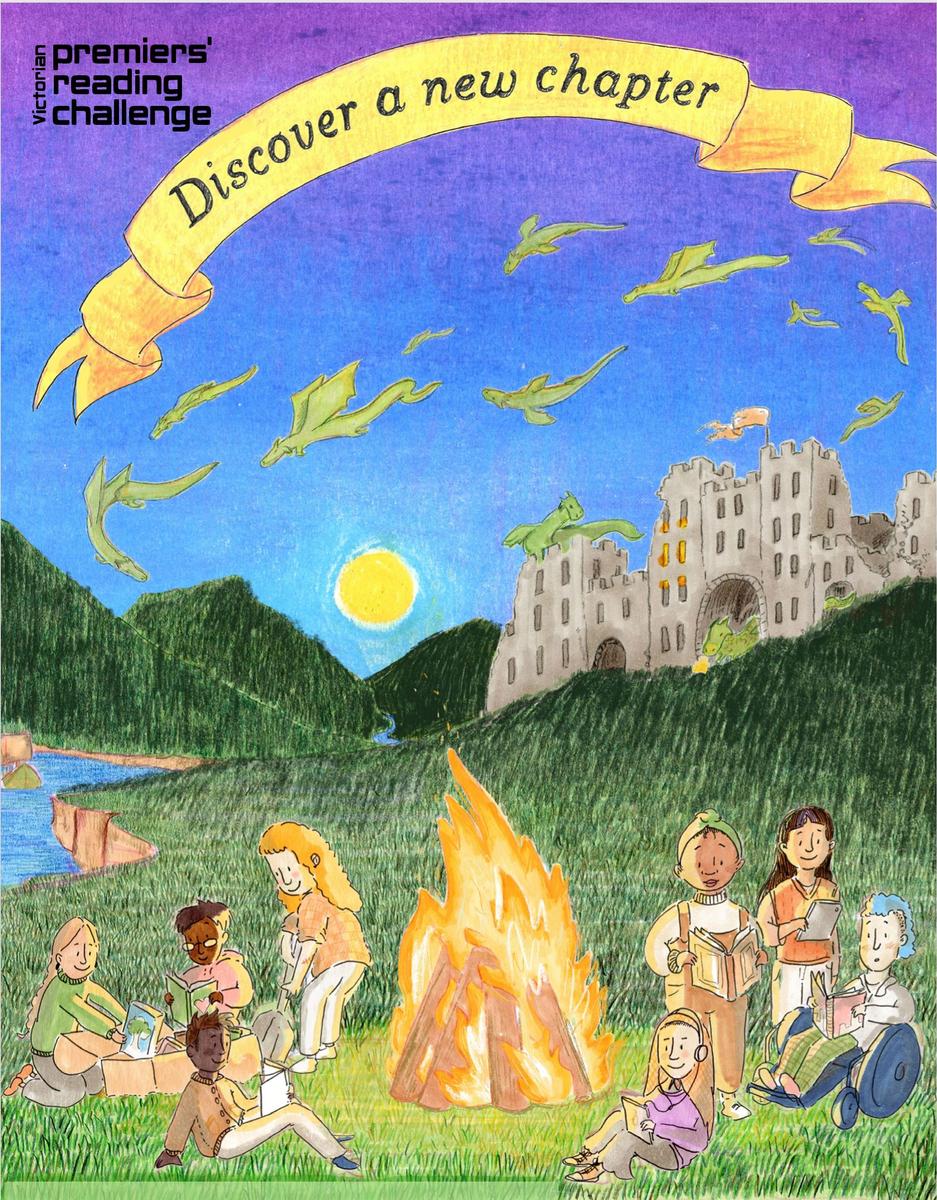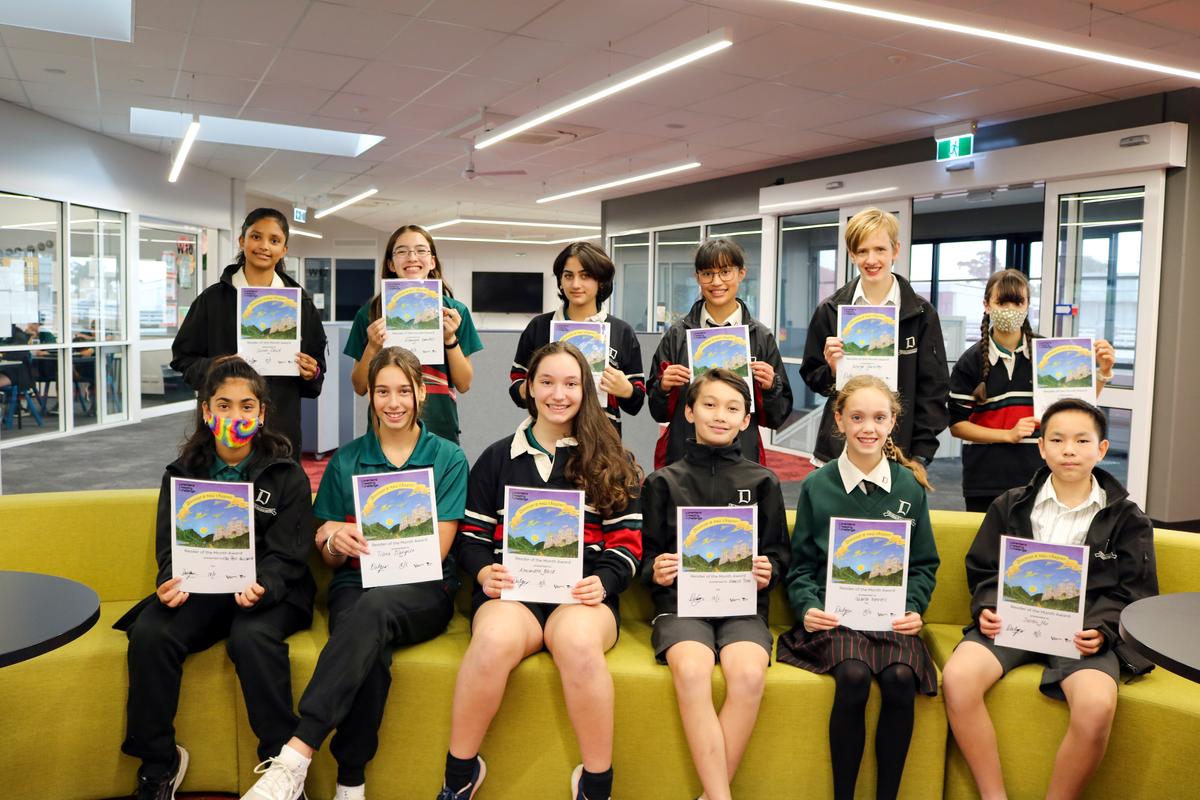Junior School
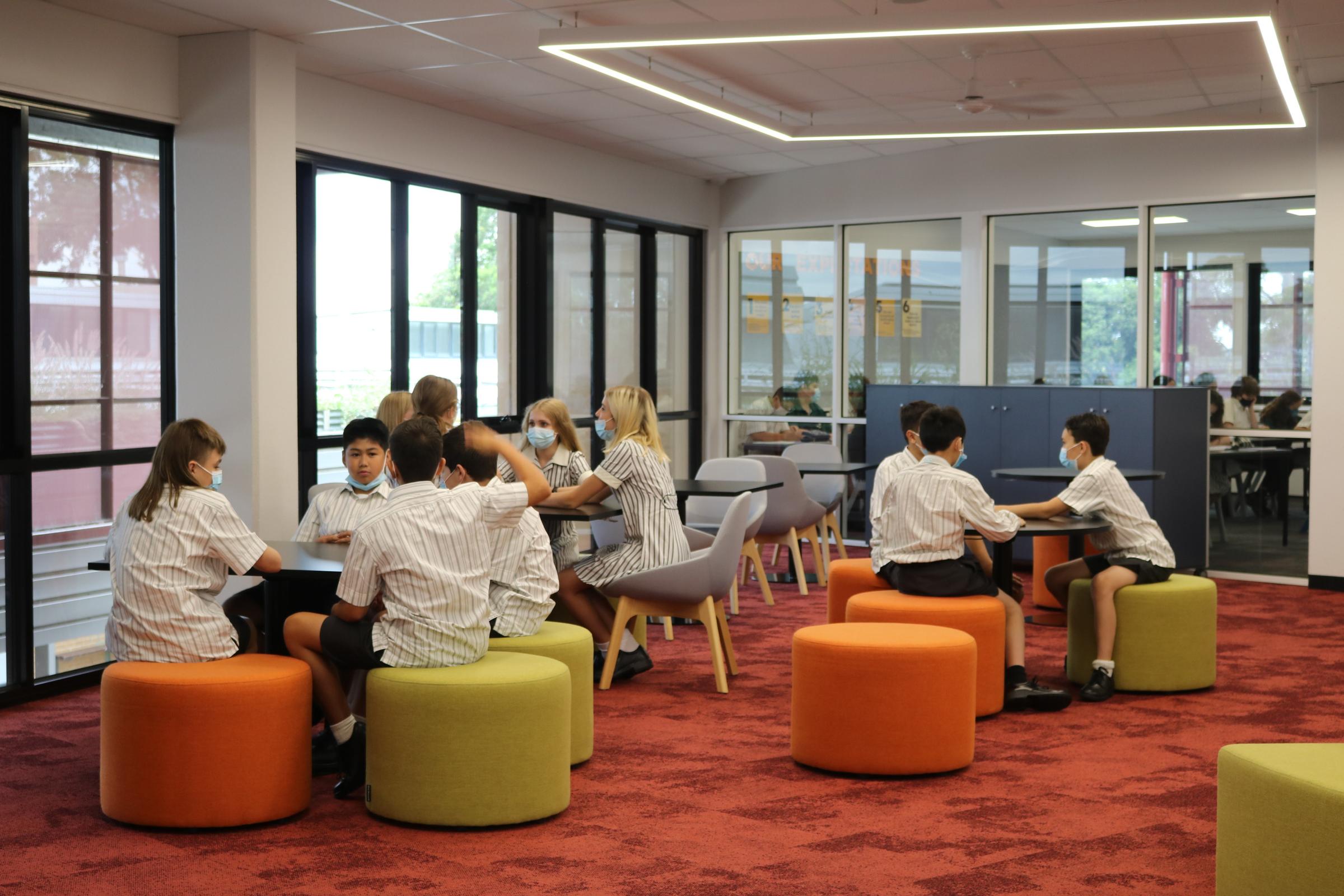
Welcome to Term 2!
As week 4 of term 2 comes to a close, we continue to be excited about the growth and learning the Junior School students are displaying.
Our Junior School Learning Specialists, Teaching and Learning Leader, Positive Climate Leaders and Year Level Coordinators have organized and implemented a range of teaching tools and strategies that have improved impact with students in terms of engagement and learning growth. Some of these include:
- Additional teachers in certain classes.
- Incentives and rewards for positive learning behaviours.
- Goal setting and reflection on achievement.
- Positive Behaviour Support cards.
- Values-based classroom management.
A key focus for the Junior School is building Learning Partnerships with families, so we encourage parents and carers to talk with their children about how term 2 is different to term 1, and if any of the strategies have effected their ability to learn. One key aspect of the Learning Partnership is recognising that parents/carers have insight and wisdom that will support the classroom teacher to implement their role as a teacher. Therefore please do not hesitate to email classroom teachers about what you are noticing in your child about school and their learning.
5R Classroom Management Model
Doncaster Secondary College (DSC) is proud of its positive behaviour support systems that allow students to focus and develop their skills and knowledge in and out of class. Positive and inclusive behaviours are celebrated, recognised and encouraged in a range of ways including, words of affirmation, incentives, rewards, positions of responsibility, positive green chronicles and more. This is where the DSC 5R Classroom Management Model begins.
We also know that the period of adolescence is a time of individuation, pushing and testing boundaries and that sometimes means the behaviour in classrooms is not what it should be. In this circumstance, teachers continue to work through the 5R’s.
1) Remind: Staff positively reminds the student about DSC values and expectations.
2) Refocus: Staff refocuses the student to what they should be doing.
3) Relocate: Student is asked to move to a different space or given a short break to reset and restart.
4) Remove: Staff member asks student to report to the Sub School Office for the remainder of the lesson.
5) Restore: Staff member and student hold a conversation to restore the relationship and agree to positively contributing to the learning environment.
This poster of the 5R Classroom Management Model is installed in all classrooms:
If your student is removed from class, you will receive a Compass notification and, when available, the staff member will call you. We ask that parents/carers discuss the incident with the student and support the student to think about could have been done differently. This is the Learning Partnership in action!
Drew Hanna
Positive Climate Leader
Year 7 Humanities
This term, Year 7 Humanities classes have been understanding the water cycle and the impact that clean water can have on an environment.
Classes walked to our local waterway, Ruffey Lake Park, to test the water’s pH and turbidity levels. We made observations about the cleanliness and aesthetics of the waterways and then compared our results with our school water.
It was great to have learning outside of the classroom and in a real life setting!
Courtney Taylor
French & Humanities Teacher
Premiers Reading Challenge
Our Year 7 and Year 8 students have taken to the Premiers Reading Challenge with literary gusto! Our library staff are only just keeping up with their borrowing demands ;-) It has been wonderful to see their enthusiasm and we congratulate them for their high participation rate.
Year 7 Students at Doncaster are participating in the Premiers' Reading Challenge. The Challenge is to have students read a minimum of 15 novels this year. So far, the Year 7 cohort has registered over 470 novels! This is an incredible achievement of our students and we are so proud of them.
The students pictured below in particular have been identified through their English teachers as going above and beyond the required reading and demonstrating a high level of independence with their reading habits. An incredible achievement and we hope to see more faces next month.
Asli Dulger
Learning Specialist
Teacher of English and Legal Studies
Why is Attendance Important??
Going to school every day is the single most important part of your child’s education. Students learn new things at school every day. Attending and participating in school will help your child develop:
- important skills and knowledge to help them learn
- social and emotional skills such as good communication, resilience and team work.
Children who attend school every day and complete year 12 have:
- better health
- better job opportunities
- higher income across their lives.
There is no safe number of days for missing school. Each day a student misses puts them behind.
Tips to help improve your child’s attendance
- Talk to your child about school and how important it is. You can ask them how they feel about school, what they liked and if there are any problems.
- Reward good behaviour and not bad behaviour. For example, if your child refuses to go to school, do not let them have access to their phones or the internet.
- Set a good example. Show them how you keep to your own commitments.
- Encourage your child to take on hobbies that your child enjoys such as sports and clubs. This will help them develop positive relationships outside of the classroom.
- Have a set time to do homework and go to bed.
- Leave all technology out of their bedroom.
- Pack their school bag the night before with everything they need.
- Have a set time for breakfast.
- Plan to meet up with a friend so they can travel to school together.
- Discuss attendance with the school.
The Junior School Team

